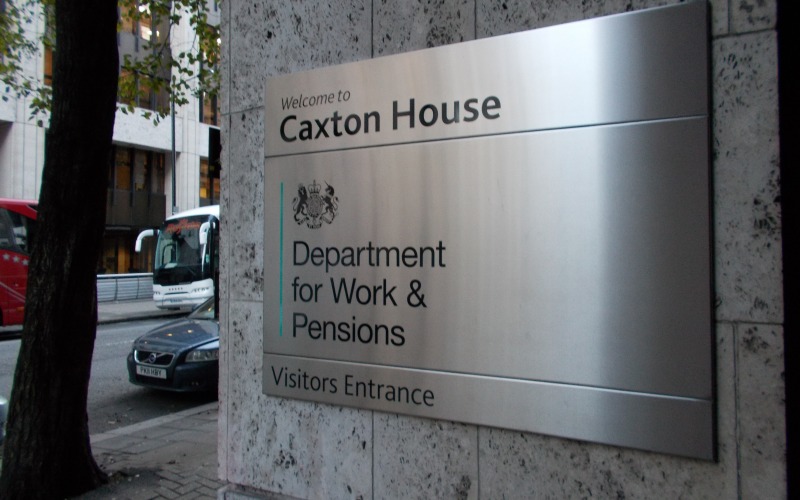The government appears to be trying to hide information that could show the impact of major changes to “fitness for work” guidance that risked the lives of thousands of disabled benefit claimants.
It is the second time this month that the Department for Work and Pensions (DWP) has breached the Freedom of Information Act in an apparent attempt to hide the impact of its welfare reforms on disabled people.
Last week, Disability News Service (DNS) reported how DWP had refused to explain how its new universal credit system of working-age benefits would financially affect disabled people with high support needs.
But DWP has also been refusing to release any written documents that describe the impact of significant changes that were made to employment and support allowance (ESA) guidance in December 2015.
The changes, which did not need parliamentary approval, were made to the guidance that is given to benefits assessors.
The guidance in the work capability assessment handbook explains to assessors how they should translate ESA regulations 29 and 35, which concern whether decisions to find someone fit for work or able to carry out work-related activity would cause a substantial risk of harm.
The guidance was designed to prevent people self-harming and taking their own lives.
The changes introduced in December 2015 mean that DWP is now far less likely to place a claimant with a mental health condition in the ESA support group because of the risk to their health if forced into work-related activity.
Previously, the handbook had included six indicators of “substantial risk”, which were marked “D” for “definitive” – including someone who was currently sectioned, who had active thoughts of suicide, or had had a documented episode of self-harm requiring medical attention in the last 12 months – to show that that person should be placed in the support group.
But the December 2015 edition of the guidance said only that such indicators “might” give rise to a substantial risk in “exceptional circumstances”.
The month after the new guidance was sent out, the proportion of claimants placed in the support group of ESA began to fall sharply, and it has since remained at a far lower level*.
The changes appeared to show that ministers had made a calculation that it was worth risking the loss of some lives so that they could cut benefits spending and force more disabled people into their discredited back-to-work programmes.
DNS put in a freedom of information request on 26 January after seeing an equality analysis sent by DWP to freelance journalist Chaminda Jayanetti.
In the equality analysis, sent to Jayanetti in November 2016, following a freedom of information request, DWP promises to “monitor and evaluate” the impact of the changes to the guidance.
The DNS request in January asked for any written reports that describe the impact of those changes, in the two years since they were introduced.
Under the Freedom of Information Act, DWP should have replied to the request within 20 working days, but it failed to respond for more than 30 working days.
A DWP spokeswoman told DNS this week: “We are monitoring the impact of the change to the guidance and are still working on our evaluation.”
She added: “The Information Commissioner’s Office’s compliance threshold is to answer at least 90 per cent [of freedom of information requests] on time, and in 2017 we answered 93 per cent on time.
“According to the last published figures, DWP was the second most transparent government department, meeting 63 per cent of requests in full.”
The following day, DWP’s strategy freedom of information team released a short response, claiming that the information requested “is not held by this Department as an evaluation has not been concluded”.
DNS has now asked for an internal review of this response, arguing that even if the evaluation is not yet complete, it is likely that some written reports will mention the impact of the change in guidance since it was introduced.
*For assessments completed in December 2015, 56 per cent of those applying for ESA were placed in the support group; the following month that fell to 49 per cent, and then to 34 per cent in February, and 33 per cent in March 2016. The latest figures, for September 2017, show 38 per cent were placed in the support group. See data tables, table 2a.

 Government ignores warnings of new DWP deaths, and UN intervention, as MPs pass universal credit cuts bill
Government ignores warnings of new DWP deaths, and UN intervention, as MPs pass universal credit cuts bill Urgent letter from UN to Labour government warns: We think your cuts continue Tory attack on disability rights
Urgent letter from UN to Labour government warns: We think your cuts continue Tory attack on disability rights Race against time to secure DWP deaths evidence before parliament passes new benefit cuts bill
Race against time to secure DWP deaths evidence before parliament passes new benefit cuts bill